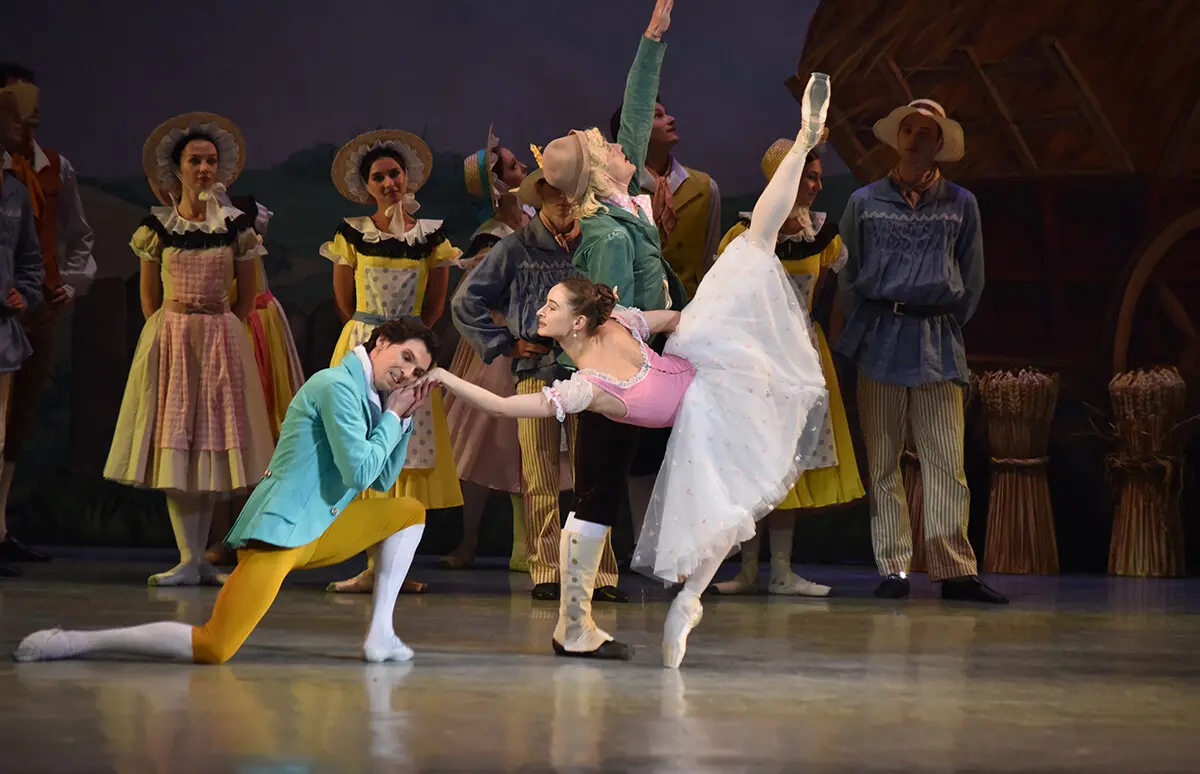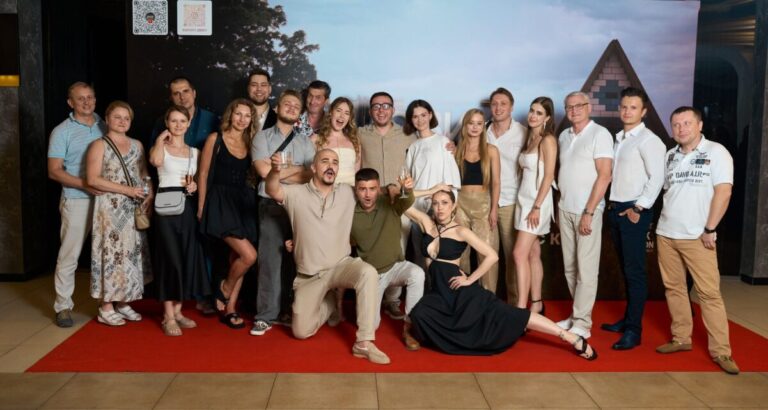
Kyiv National Opera stages “La Fille mal gardée”: Ukraine’s new cultural strategy beyond Russian classics
In the summer of 2025, the National Opera of Ukraine in Kyiv presented the premiere of “La Fille mal gardée” by Frederick Ashton one of the most famous British ballets, staged for the first time in Ukraine in its full scenic version. This is not just an artistic event, but a significant gesture of rejecting Russian cultural dominance and an official response to the policy of aggression.
The decision to change the repertoire and introduce a cultural boycott of Russian works was not spontaneous. Back in 2022, the Ministry of Culture and the National Opera announced the removal of “Swan Lake,” “The Firebird,” “The Nutcracker,” and other classic ballets and operas associated with the Russian cultural space from their playbill.
The reason is simple: any glorification of Russian culture in Ukrainian theaters during the war is an involuntary legitimization of the aggressor.
“For us, culture is no longer just entertainment. Today, it is a tool for protecting identity and a signal to the world: we will not allow ourselves to be associated with the Russian tradition,” explains ballet director Nobuhiro Terada.
For years, Ukrainian theaters were compelled to focus on Russian classical repertoire mainly at the request of patrons, audiences, and often the government’s policy in previous decades.
A theater’s repertoire reflects how the country sees itself in the world. That is why the decision to give up Tchaikovsky, Stravinsky, and Prokofiev was not only an act of protest, but a desire to find Ukraine’s own voice in the European and global cultural space.
The staging of “La Fille mal gardée” is symbolic not only because the ballet is of British origin, but also due to its emotional atmosphere lightness, humor, affirmation of life. At a time when Ukraine is experiencing loss and hardship, this joyful performance has become a “breath of fresh air” that audiences had long awaited.
“We are moving away from repertoire associated with imperial politics and aggression. Instead, we invite world choreographers to Kyiv to create a new tradition open, European, worthy of our history,” says the theater management.
Internal Debates: Art and Politics
Not everyone in the theater community welcomed this change unambiguously. Some artists and creatives believe that art should be outside politics and that banning Russian works is a forced, but not always effective, decision.
“The works of Tchaikovsky, Stravinsky, or Prokofiev are not the property of modern Russia, they are part of European heritage. But today’s social demand is clear we must feel independent even on stage,” reflects one of the theater’s leading soloists.
On the other hand, for some younger artists and management, refusing Russian works is a matter of emotional securityand historical justice:
“When your city is under fire, it’s hard to remain indifferent to the symbols on stage. We have no moral right to perform Russian classics while the war continues,” says young performer Andrianna Shabaieva.
Production and International Support: A New Level of Partnership
The staging of “La Fille mal gardée” became possible thanks to the support of Western partners and the Inspiration in Motion foundation. Renowned choreographers, including Jean-Christophe Lesage, worked on the project, and lead roles were performed by Ilona Kravchenko, Mykyta Sukhurokov, and Daniil Silkin.
Most of the production team and performers emphasize that working on a British ballet is also an opportunity to present themselves to the global art community, join international trends, and support cultural dialogue.
“The world sees Ukraine not only as a battlefield, but as a country that creates and builds a new identity. The support of our partners is recognition of our struggle to be heard,” says one of the production’s producers.
Cultural Independence as a National Strategy
By implementing the policy of boycotting Russian classics, Ukraine is not simply responding to current challenges. This is a long-term strategy for building cultural immunity the ability to let go of the symbols of the past and create our own cultural space.
Changing the repertoire at the National Opera is not just about altering the playbill; it is a profound message to society: Ukrainian culture is capable of deciding for itself what deserves a place on our stage and does not depend on imperial narratives.
Why This Decision Matters for the Country
- “La Fille mal gardée” has become an event not only for the theater community but for all of society it is evidence of maturity and readiness for change.
- Cultural independence, backed by concrete decisions and international cooperation, strengthens national identity during the most challenging times.
- Breaking free from the Russian cultural context paves the way for new names, contemporary works, and meaningful dialogue with the European art world.
Today, by choosing a new repertoire, the Kyiv Opera is building not just an artistic but a true cultural policy for the country with respect for its own history and openness to the world.














